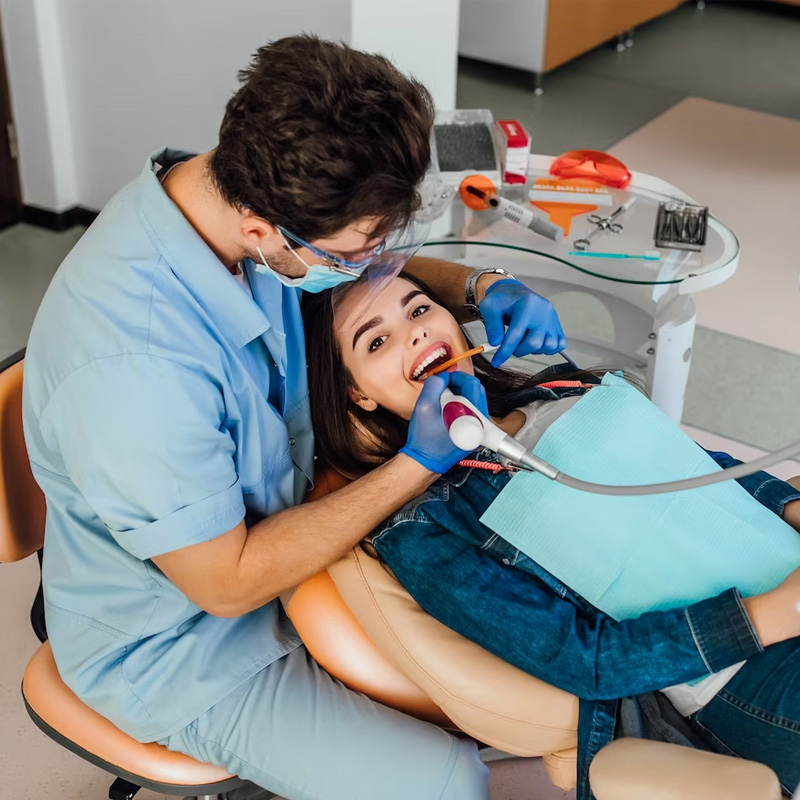Ease into your dental dreams, where care meets calm in seamless streams!
Intravenous (IV) sedation, also known as monitored anesthesia care (MAC), is a type of anesthesia commonly used in various medical and dental procedures to help patients relax, relieve anxiety, and manage pain. Your description provides a good overview of IV sedation and its benefits.



To gain further insights into IV sedation and its applications, we encourage you to explore the options available at S.K. Dental Perth. Our team is dedicated to providing comprehensive information and ensuring your medical experience is both safe and comfortable. Your well-being is our top priority, and we are here to address any questions or concerns you may have.
If you are considering IV sedation for a medical or dental procedure, it’s essential to consult with your healthcare provider or dentist to discuss your specific needs, any concerns, and the benefits and risks associated with the sedation option. Professionals like those at S.K. Dental Perth can provide you with the necessary information and guidance to make informed decisions about your care.
At SK Dental Perth, we provide exceptional care with personalized treatment strategies. Our dedicated team is committed to enhancing oral health and assisting patients in attaining their dental aspirations. Don't delay – schedule your appointment today and embark on the journey towards a vibrant smile!

©2024. Sk Dental Perth. All Rights Reserved.